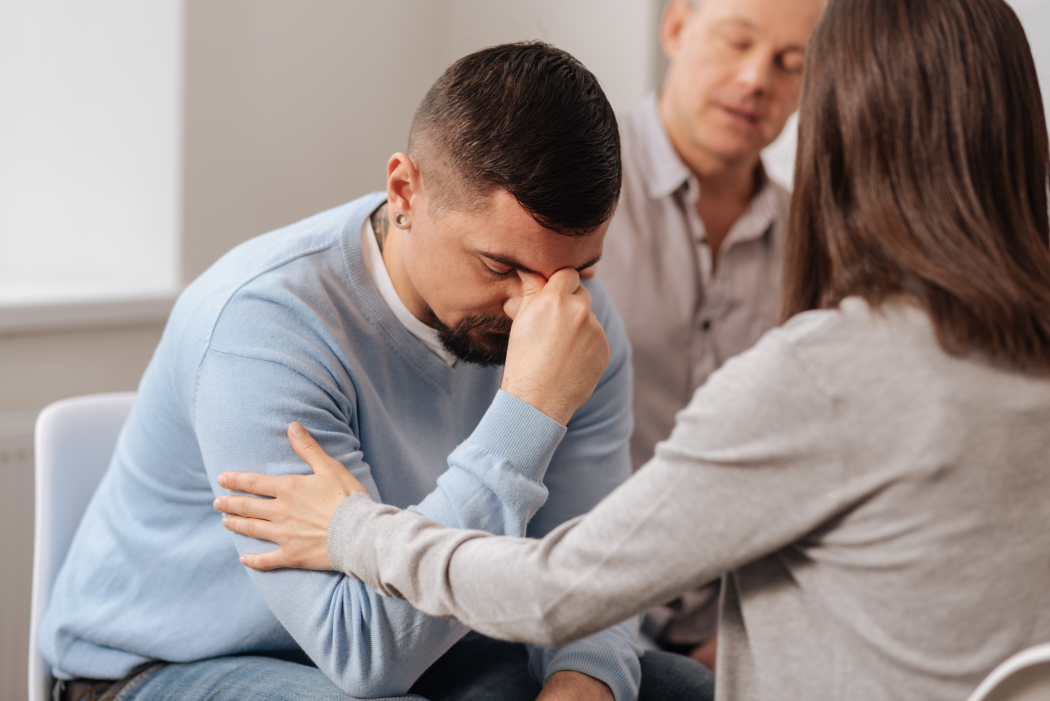Drug induced bipolar is a serious mental health condition that can have long-term implications. This happens when a treatment for a condition such as depression or ADHD can trigger manic symptoms in those they are treating. Bipolar disorder caused by drugs may exhibit similar symptoms to normal bipolar disorders. However, it is important to know the distinct features of each and the best treatment options to combat the possible side effects. The reasons behind the onset of bipolar disorder, an overview of the most common symptoms, different methods of diagnosis used by psychiatrists, and the available treatments to treat a diagnosis. Mental health professionals provide information on how to spot signs of drug-induced manic episodes for patients who are taking certain medications. This allows individuals to know what to do following a correct diagnosis.

Bipolar disorder is a complicated mental health condition that is characterised by extreme mood swings that range between depressive episodes and hypomanic or manic episodes. While the precise causes of bipolar disorder are not fully researched, research has demonstrated that there could be a variety of elements at play, including the brain’s chemistry, genetics, and environmental factors. There is also a lesser-known bipolar disorder called drug-induced disorder. It is caused by addiction to substances as well as certain medications.
If Bipolar Disorder symptoms are directly caused by using medications or drugs, it is known as Drug-Induced Disorder. Be aware that a disorder induced by drugs is not identical to bipolar disorder caused by substance abuse. Drug-induced Bipolar Disorder is defined by symptoms similar to bipolar, but they are caused through drug use.
Different substances, such as stimulants such as amphetamines, cocaine and ecstasy. As well with steroids and antidepressants, or even herbal supplements, are linked to drug-induced Bipolar Disorder. Utilizing these drugs may disrupt the neurotransmitter balance in the brain, which can cause mood swings and manic or hypomanic episodes.
The symptoms of drug-induced bipolar illness are similar to the symptoms of traditional bipolar illness. They can include periods of intense emotions (mania or hypermania) followed by episodes of depression. During hypomanic or manic episodes there is a tendency for people to experience higher energy, irritability, impulsivity and racing thoughts. They also might not be able to sleep as much, and they might be more inclined to engage in risky behaviours. The depressive episodes are characterized by despair, sadness and a loss of enthusiasm for everyday life. These may also manifest as changes in eating or sleeping patterns, or the thoughts of taking a suicide.
It is often difficult to determine if you suffer from bipolar disorder induced by drugs since the symptoms are often misinterpreted by the person who is taking the drug. It is important to distinguish bipolar disorders caused by drugs since they require a different method of treatment. Substance use should be addressed and controlled alongside bipolar symptoms for effective recovery and stability.
The treatment for bipolar-like symptoms caused by medication disorder generally involves a combination between psychotherapy, medications and addressing issues of alcohol abuse. Certain drugs, such as mood stabilizers or antipsychotics could be prescribed to help manage mood swings and control symptoms. Psychotherapy like cognitive-behavioral therapy (CBT) helps people discover triggers, create ways to cope, and modify their habits to help them recover.
Addressing substance abuse is a critical component of treating bipolar disorder. It may be necessary to attend support group meetings and engage in treatment programs to treat substance abuse. Addiction specialists are also able to help address the underlying issues. It is vital to establish a complete treatment plan that takes into account both bipolar symptoms as well as the effects of substance abuse to increase the chance for long-term healing.
It is recommended to seek out professional help if you or someone close to you is suffering from drug induced Bipolar Disorder. A professional in mental health who has years of experience treating co-occurring disorders is able to accurately identify you and devise a treatment strategy specific to your individual needs. Be aware that recovery is possible when you have the right support and treatment.
Drug-induced bipolar is a form of bipolar disorder that may be caused by addiction to drugs or certain drugs. These kinds of bipolar disorders must be differentiated from traditional bipolar disorders in order to make sure of the correct diagnosis. To properly support and help those affected by drug induced Bipolar Disorder it is vital to know the symptoms and causes, as well as treatments. With the right approach that addresses both bipolar symptoms and the use of substances people can achieve stability as well as recovery and better living conditions.